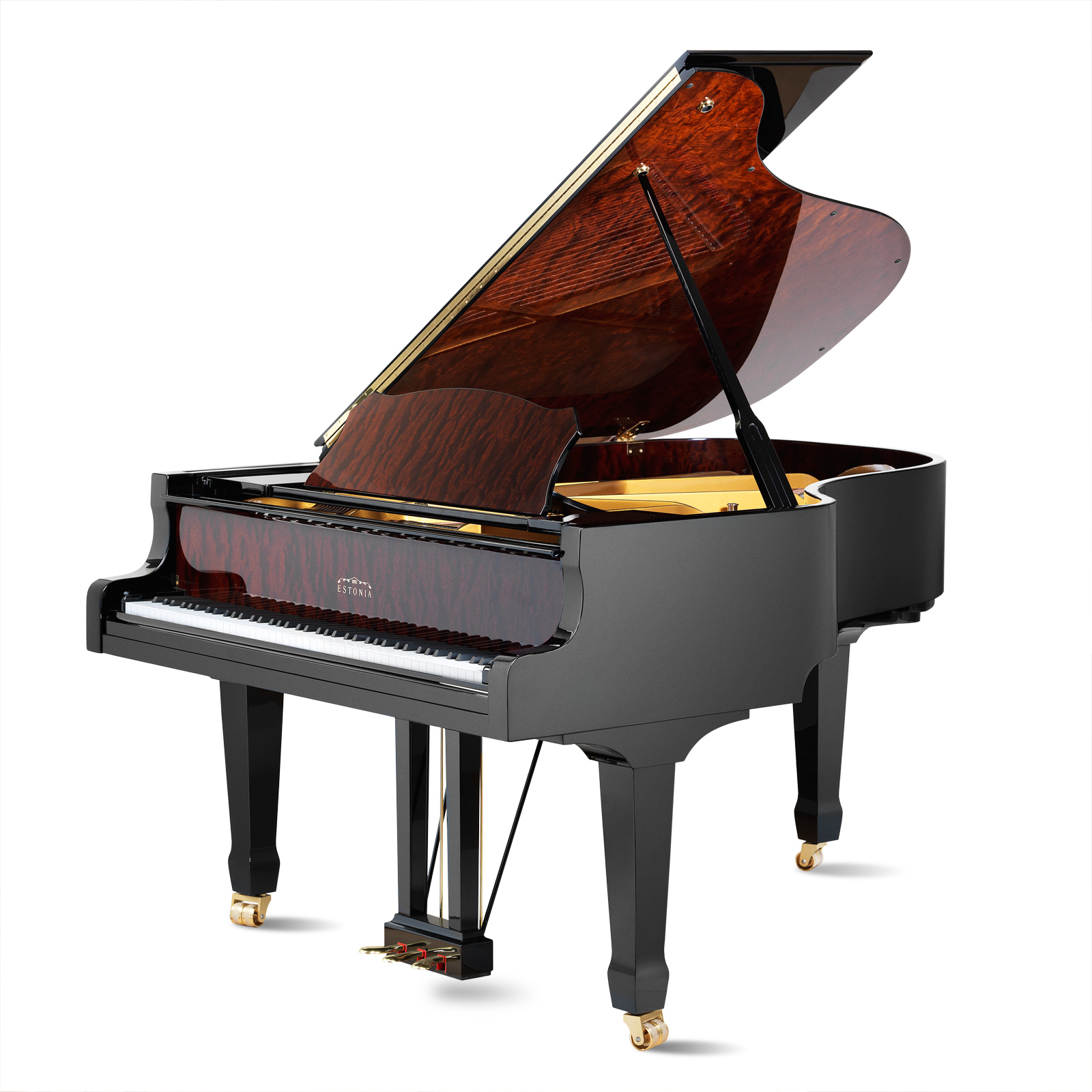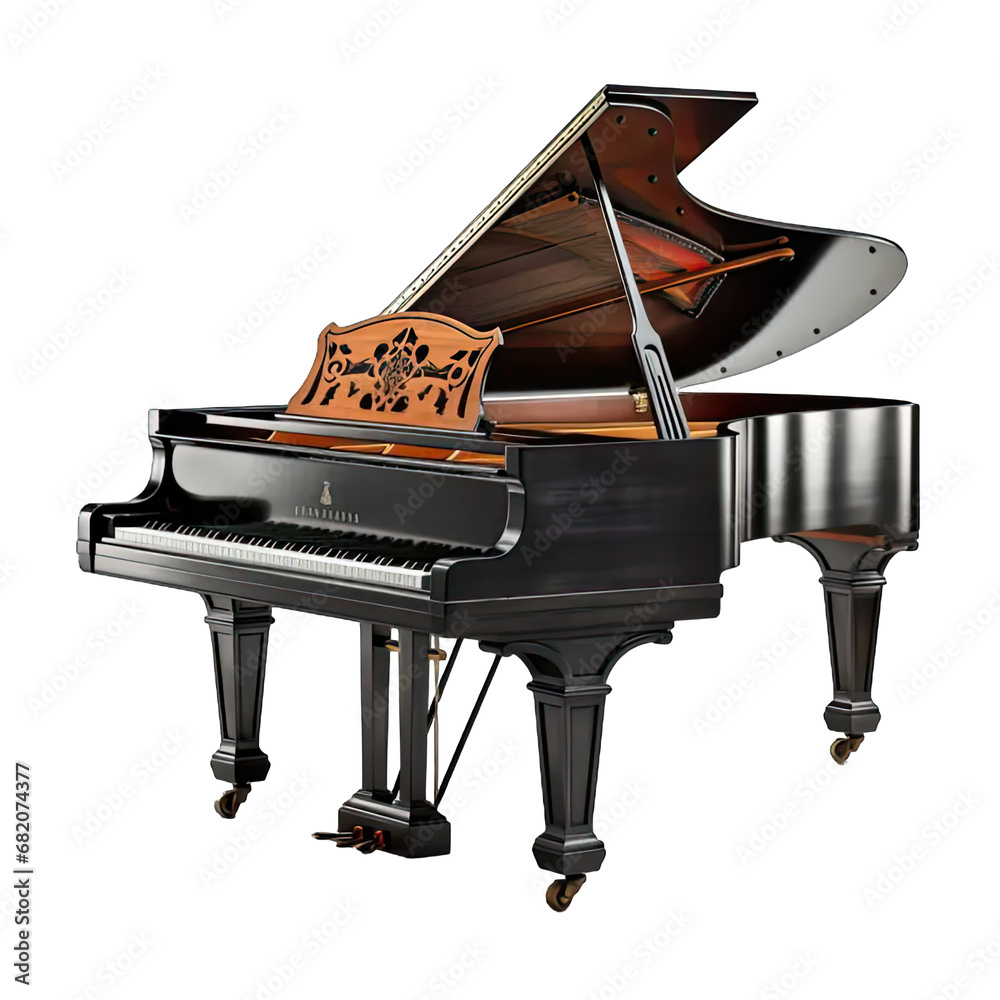Absolutely! Let’s craft a comprehensive 3000-word article on piano product photography, focusing on techniques and best practices, and replacing “ with `
` and `
` for a more structured heading approach.
The piano, a majestic instrument of both art and engineering, demands photography that captures its grandeur and intricate details. Whether showcasing a grand piano’s polished expanse or a digital keyboard’s sleek design, the right photographic approach can elevate a simple product shot into a compelling visual narrative. This article delves into the essential techniques and considerations for capturing stunning piano product photography.

Pianos, due to their size, reflective surfaces, and complex mechanisms, present unique challenges.
Size and Space Considerations
Large Instruments, Large Spaces
Pianos, especially grand pianos, require a substantial amount of space for proper photography. This necessitates a studio or location with ample room to maneuver and set up lighting.
Angle and Perspective Management
The sheer size of a piano can lead to distortion if angles and perspectives are not carefully managed. Wide-angle lenses can be used, but careful correction is necessary to avoid unnatural distortions.
Reflective Surfaces and Glare

Controlling Reflections
The high-gloss finish of many pianos creates significant reflections. Diffused lighting and polarizing filters are essential for minimizing glare and capturing the true texture of the instrument.
Surface Cleanliness
Dust, fingerprints, and smudges are highly visible on a piano’s surface. Meticulous cleaning and maintenance are crucial before shooting.
Intricate Details and Mechanisms
Capturing Internal Components

For detailed shots of the hammers, strings, or pedals, macro lenses and precise focus are required. These shots showcase the craftsmanship and engineering of the piano.
Showcasing the Keyboard
The keyboard is a focal point. Close-up shots of the keys, highlighting their texture and alignment, are essential for conveying quality.
The right equipment significantly impacts the quality of piano product photography.
Camera and Lenses
High-Resolution Camera
A full-frame or high-resolution APS-C camera is recommended for capturing the intricate details of a piano.
Lens Selection
Wide-Angle Lenses
For capturing the entire piano in its environment, wide-angle lenses (16-35mm) are essential.
Standard Lenses
50mm or 85mm lenses are ideal for capturing details and portraits of the piano.
Macro Lenses
For close-up shots of the internal mechanisms and keyboard, macro lenses (100mm) are indispensable.
Lighting Equipment
Studio Strobes or Continuous Lighting
Studio strobes provide powerful and consistent lighting, while continuous LED lights offer real-time visualization of lighting effects.
Light Modifiers
Softboxes and Umbrellas
These diffusers soften the light, minimizing harsh reflections and creating a more even illumination.
Flags and Reflectors
Flags block unwanted light, while reflectors bounce light to fill shadows and highlight specific areas.
Tripods and Stands
Sturdy Tripod
A stable tripod is crucial for capturing sharp images, especially in low-light conditions or with long exposures.
Lighting Stands
Sturdy lighting stands are essential for positioning lights and modifiers.
Effective techniques are crucial for maximizing the visual impact of piano product photography.
Lighting Techniques
Diffused Lighting
Using softboxes or umbrellas creates a soft, even light that minimizes reflections and highlights the piano’s texture.
Three-Point Lighting
A classic technique using a key light, fill light, and backlight to create depth and dimension.
Highlighting Specific Features
Using focused light sources to highlight specific details, such as the keyboard, pedals, or soundboard.
Composition and Angles
Eye-Level Shots
These provide a realistic perspective and showcase the piano’s overall design.
Low-Angle Shots
These emphasize the piano’s grandeur and create a sense of power.
Detail Shots
Close-up shots of the keyboard, pedals, and internal mechanisms highlight the craftsmanship and quality of the instrument.
Environmental Shots
Placing the piano in a relevant environment, such as a concert hall or living room, adds context and narrative.
Post-Processing Techniques
Color Correction and White Balance
Ensuring accurate color representation is crucial for showcasing the piano’s finish.
Retouching and Cleaning
Removing dust, scratches, and reflections enhances the overall image quality.
Sharpening and Noise Reduction
Sharpening enhances detail, while noise reduction minimizes grain and artifacts.
Perspective Correction
Correcting perspective distortion ensures that the piano appears straight and proportional.
Different piano types and scenarios require tailored approaches.
Grand Piano Photography
Capturing the Full Expanse
Wide-angle lenses and high-angle shots are essential for showcasing the grand piano’s size and elegance.
Highlighting the Soundboard
The soundboard is a key feature. Using focused lighting and close-up shots can emphasize its craftsmanship.
Showcasing the Lid and Prop Rods
These elements contribute to the grand piano’s visual appeal. Capturing them from various angles adds interest.
Upright Piano Photography
Frontal and Angled Shots
Frontal shots showcase the upright piano’s design, while angled shots add depth and dimension.
Highlighting the Keyboard and Pedals
These are key features that should be emphasized in upright piano photography.
Environmental Integration
Placing the upright piano in a home or studio setting adds context and appeal.
Digital Piano and Keyboard Photography
Sleek and Modern Aesthetics
Digital pianos and keyboards often have a sleek, modern design. Clean, minimalist backgrounds and lighting are essential.
Highlighting Features and Controls
Close-up shots of the buttons, knobs, and display screens showcase the digital features.
Portability and Setup
Capturing the portability and setup process can highlight the convenience of digital pianos.
Piano product photography is more than just capturing images; it’s about telling a story and reinforcing a brand’s identity.
Creating a Visual Narrative
Showcasing the Piano’s Journey
From the workshop to the stage, capturing the piano’s journey adds emotional depth.
Highlighting the Pianist’s Connection
Including a pianist in the shots can convey the emotional connection between the musician and the instrument.
Reinforcing Brand Identity
Consistent Visual Style
Maintaining a consistent visual style across all product images reinforces brand identity.
Using Brand Colors and Elements
Incorporating brand colors and elements into the photography enhances brand recognition.
Piano product photography requires a blend of technical expertise, artistic vision, and attention to detail. By understanding the unique challenges of photographing pianos, utilizing the right equipment, and employing effective techniques, photographers can capture stunning images that showcase the beauty and craftsmanship of these magnificent instruments. Whether highlighting the grandeur of a grand piano or the sleek design of a digital keyboard, the right photographic approach can transform a simple product shot into a compelling visual narrative.
